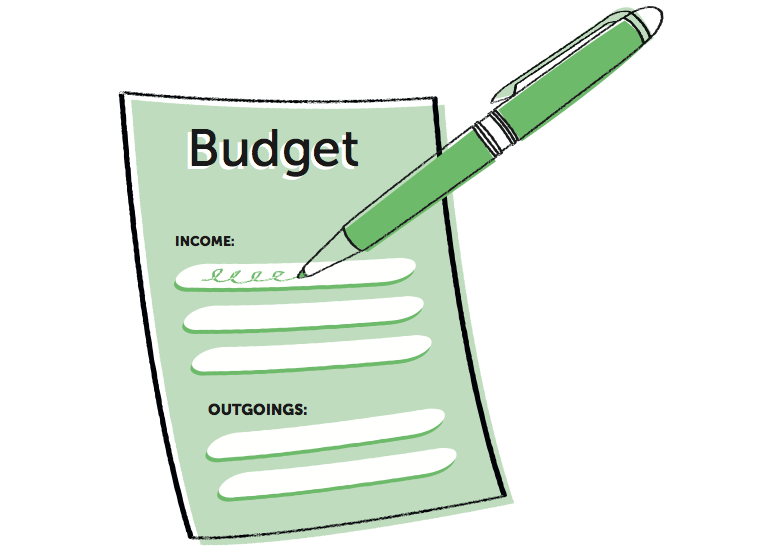Financial planning for your retirement

Being prepared financially can take a lot of the pressure off as you approach retirement. You’ll be free to focus on how you want to spend your time, rather than worrying about if you’llbe able to meet your financial commitments.
It’s not just about incomes and outgoings though. Financial planning in later life includes the plan for your assets after your passing. Preparing as soon as possible can give you the peace of mind that everything is in place to benefit your family. So, what are some of the main things to consider when financially planning for retirement?
Determine your spending needs
Retirement might be an abrupt change to your income and spending patterns. Once you stop working, you will have to rely on your prepared income streams such as pensions, savings and investments.
It’s a good idea to budget your outgoings to work out how much you’ll need to live comfortably. This should include fixed expenses such as housing costs, utilities, transportation and living essentials, and variable spending such as leisure activities and holidays.
Work out your retirement income
Identify how much you’re likely to have coming in as early as possible, ideally before you retire. This should take into consideration any pensions (state and private), savings and investments.
You may get monthly or lump-sum payments from certain sources, so understand how you will be paid. If your income isn’t high enough to support your lifestyle, you may need to look at bolstering your retirement income while you’re still inwork.
Clear debts
Debts can be difficult to shift once you stop working, so try to start retirement with as little debt as possible. This will help to preserve most of your income for your own benefit and not for repayments.
Clear high-interest debts first because these will cost you the most if left unresolved. Some people choose to downsize their property in retirement to become mortgage-free and potentially benefit from some cash left over. Others choose to pay off a large chunk of their remaining mortgage with a lump-sum payment from their pension income. Think about what approach will work best for you.
Estate planning and your will
With a clear picture of your finances during retirement, it’s important to prepare for events further down the line. Estate planning with the assistance of financial advisers is a recommended step to arrange what will happen to your money and assets once you pass away.
Creating a Will outlines who you want to inherit your wealth.The estate planning process will help to ensure that it’s done in the most simple and tax-efficient way possible. If you want to support your family, even while you’re still alive, consider consulting experts sooner rather than later.



